15 Tips to Help You Decide on a Shetland Sheepdog or Corgi
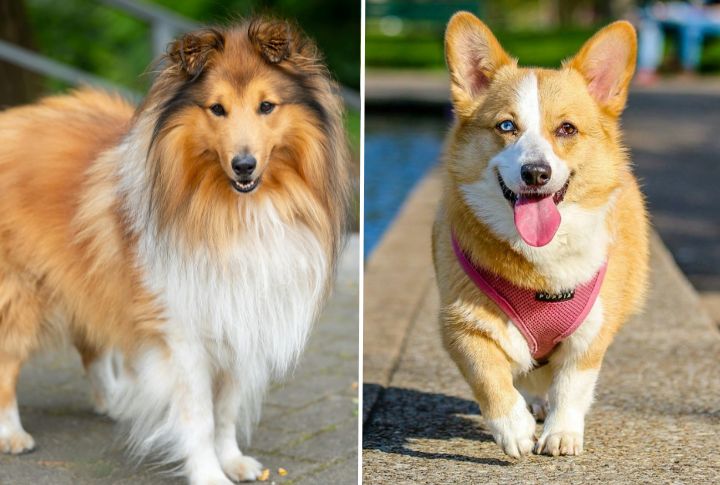
If you’re torn between the Shetland Sheepdog and the Corgi, both breeds offer unique qualities. While one may appeal more for its elegance and agility, the other shines with its sturdy, playful nature. So, here are 15 key traits of each breed that will help you discover which fits your lifestyle, energy levels, and preferences best.
Size Matters
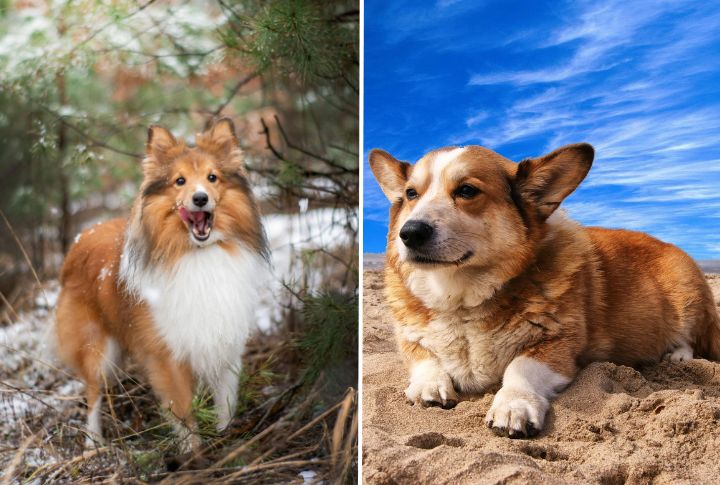
Shetland Sheepdog: Weighing between 15–25 pounds and standing 16 inches tall, these dogs have a delicate frame with a flowing coat.
Corgi: Corgis are compact yet sturdy, weighing in at 25–30 pounds and standing about 12 inches tall. Their low build makes them look like they’re always ready for a good time.
Leg Length
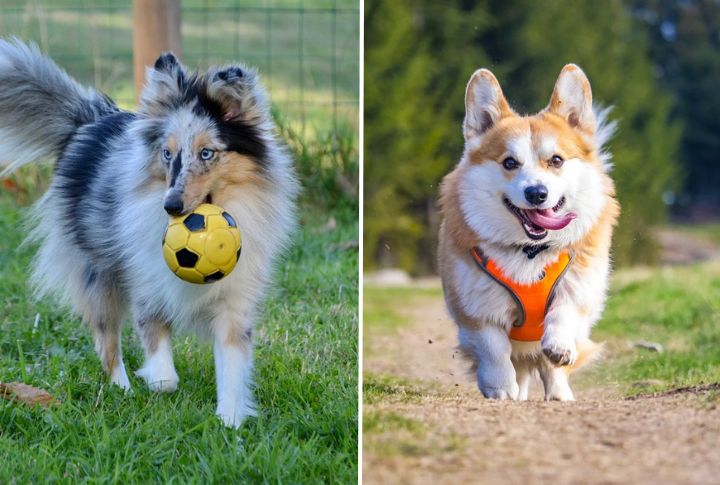
Shetland Sheepdog: Those long legs aren’t just for show; they provide an agile stride that allows these dogs to dart quickly around the field (or your living room).
Corgi: Despite their short legs, Corgis are surprisingly fast. Don’t let their size fool you; these little guys can sprint like the wind when they want to.
Exercise Needs
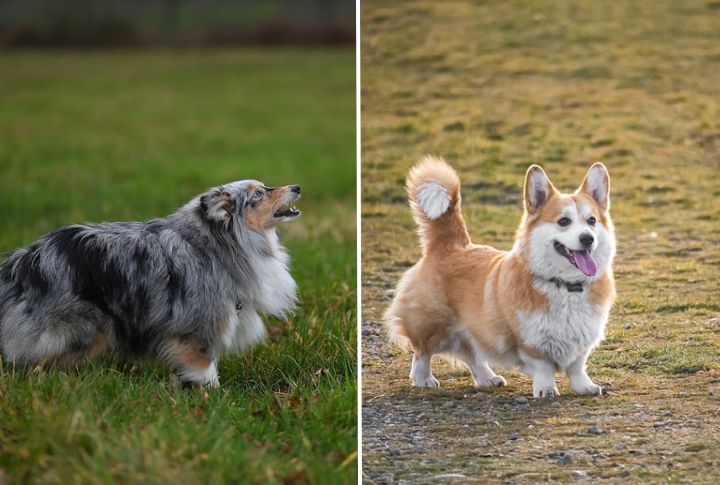
Shetland Sheepdog: Regular exercise is essential for Shelties. A bored Sheltie is like a toddler left alone with a candy jar: chaos will ensue.
Corgi: Although Corgis need to be active, they adapt well. A couple of brisk walks and playtime will keep them content, especially if there’s a good game of fetch involved.
Intelligence
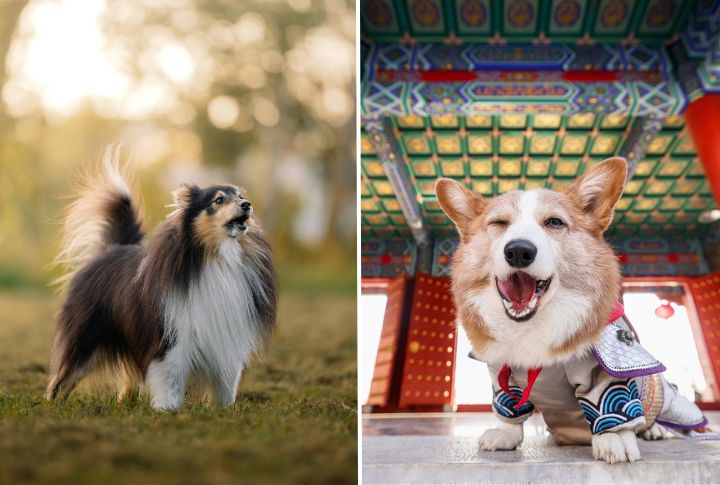
Shetland Sheepdog: Shelties are known for their sharp minds and quick learning skills, making them natural problem-solvers. So, puzzles and obedience training keep their minds sharp and active.
Corgi: Corgis are crafty and a bit headstrong, often using their wit to get what they want. Their intelligence shines in clever tricks, especially when there’s food involved.
Grooming
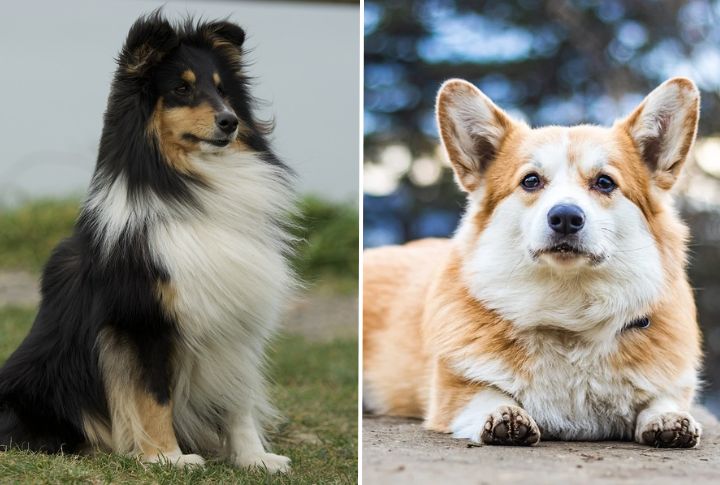
Shetland Sheepdog: Shelties usually have a thick double coat that requires regular brushing—consider it a part-time job. Expect to invest time in grooming, especially during shedding season.
Corgi: Corgis also have a double coat, but they shed less excessively. Weekly brushing does the trick, but they still shed enough to keep you on your toes.
Barking
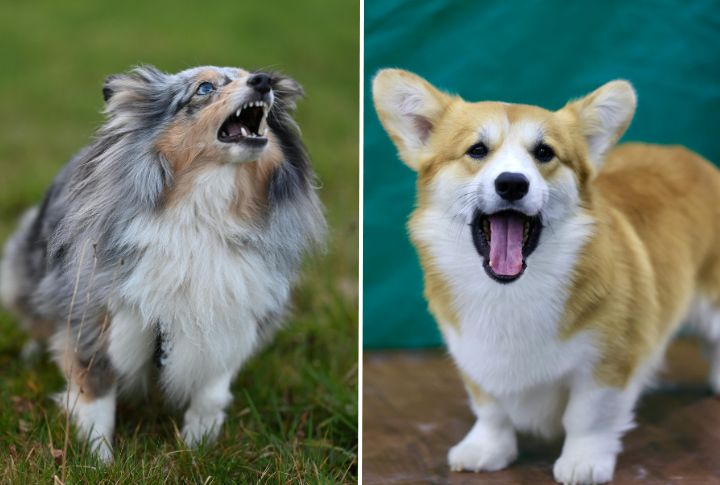
Shetland Sheepdog: Shelties don’t miss a thing—every mailman, bird, or leaf three miles out gets a loud “Sheltie announcement!” Consider this a built-in alarm system for your home.
Corgi: While Corgis can bark, too, they are a little less high-strung about it. If they want your attention, they’ll definitely let you know—loudly.
Trainability
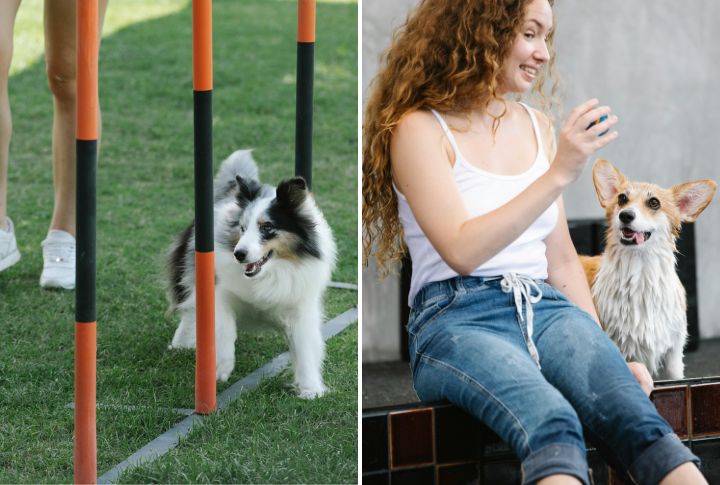
Shetland Sheepdog: Shelties live to keep you smiling, mastering tricks and commands with ease. Their drive to please makes them stand out in dog sports and obedience classes.
Corgi: Corgis can be a bit more stubborn. Resulting in training that can take longer since they like to negotiate their terms, making it a bit of a fun challenge for patient owners.
Family Friendliness
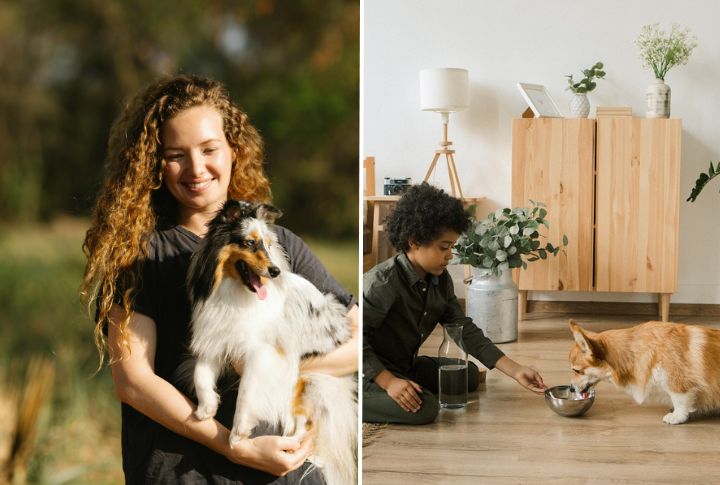
Shetland Sheepdog: Generally, Shelties are gentle and sensitive, which makes them great with kids and other pets, and often acting as the “caretaker” of the family.
Corgi: This breed is also fantastic with kids. Just be mindful; they may try to herd little ones by nipping at heels. Hence, supervision during playtime is essential.
Herding Instinct
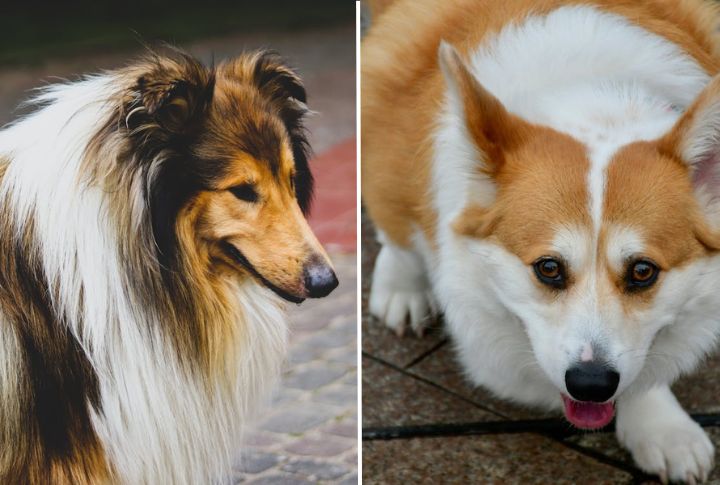
Shetland Sheepdog: Shelties were born to herd, so expect them to keep everyone at home in line—pets, people, and even stray slippers!
Corgi: Historically, Corgis have a stronger herding instinct and can be a bit more assertive about it. Expect them to give chase if anyone gets too far out of line.
Health
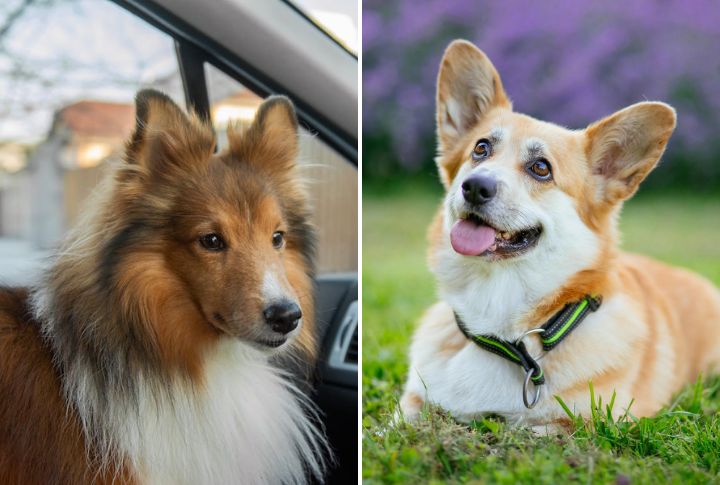
Shetland Sheepdog: Common concerns in this breed include hip dysplasia, epilepsy, and hypothyroidism. Due to this, regular check-ups are required for early detection and management.
Corgi: Likewise, Corgis are generally healthy, but they can suffer from back problems due to their long bodies. They’re also prone to hip dysplasia and degenerative myelopathy, which can affect their mobility.
Loyalty
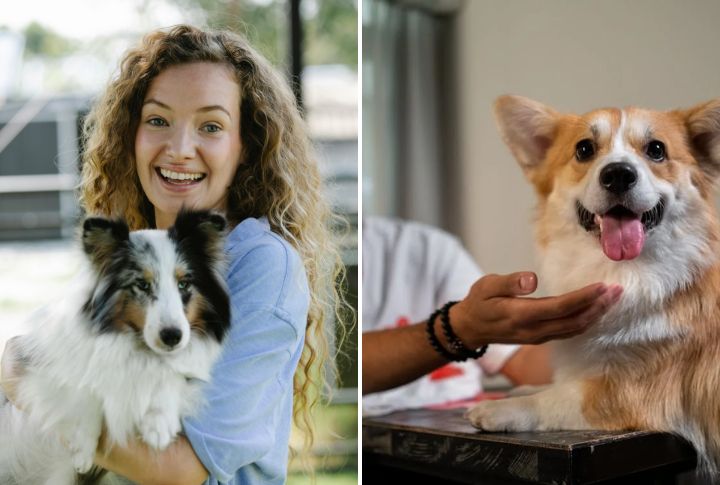
Shetland Sheepdog: Known for their strong attachment to their owners, this breed will follow you from room to room, always wanting to be close.
Corgi: Corgis are loyal in their own right and exhibit a bit more independence. They’ll hang out nearby but won’t demand constant attention, allowing for some space if you prefer it.
Energy Levels
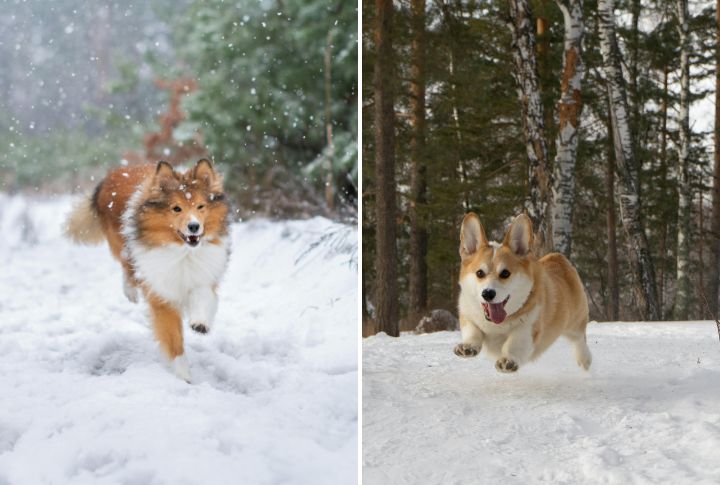
Shetland Sheepdog: Shelties need a good amount of physical stimulation to stay happy. For them, daily exercise is a must; otherwise, you might end up with a bored and sad pup.
Corgi: While Corgis have bursts of energy, they also enjoy lounging around once they’ve had their exercise. Their playful nature means they’re always up for a good game.
Socialization
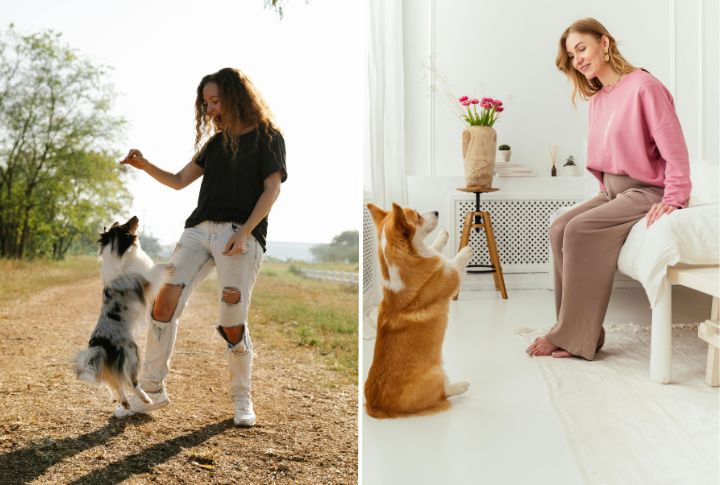
Shetland Sheepdog: Naturally a bit shy around strangers, Shelties warm up quickly if socialized properly from a young age. By introducing them to different environments and people you can help boost their confidence.
Corgi: Corgis loves meeting new people and being the center of attention. This friendly demeanor makes them great for families and social settings.
Lifespan
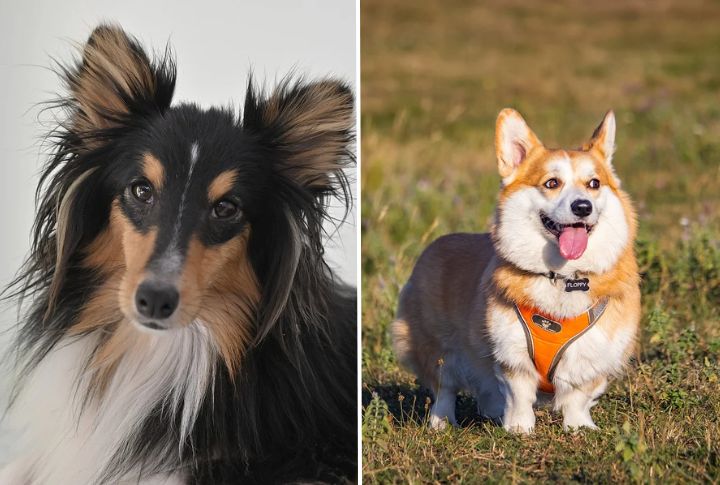
Shetland Sheepdog: Expect Shelties to live around 12–14 years with proper care, often making them long-term companions. But don’t forget about regular vet check-ups and a balanced diet for their health.
Corgi: Corgis generally have a similar lifespan, living about 12–15 years. This breed’s healthy lifestyle and proper care can keep them by your side for many adventures.
Suitability
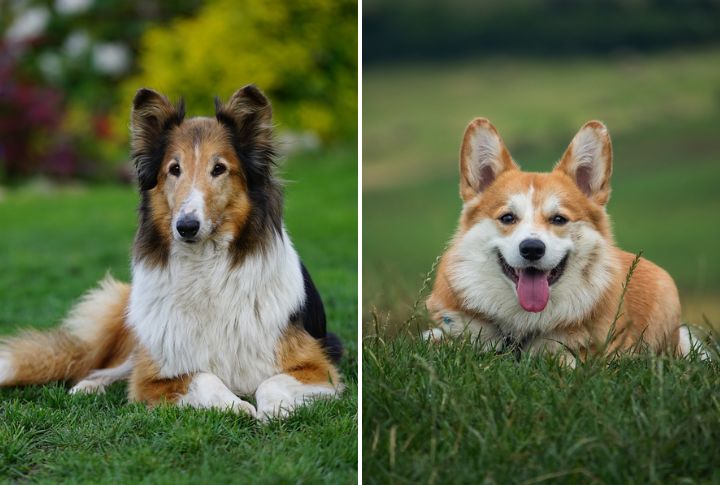
Shetland Sheepdog: Ideal for anyone wanting an intelligent, high-energy companion who thrives on training challenges and is eager to bond closely.
Corgi: Excellent for families or solo owners seeking a lively, social dog with a big personality. Corgis are independent yet affectionate, bringing joy without requiring constant attention.





